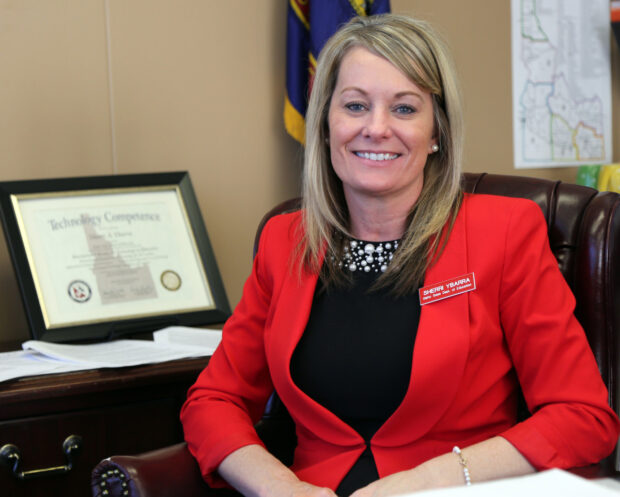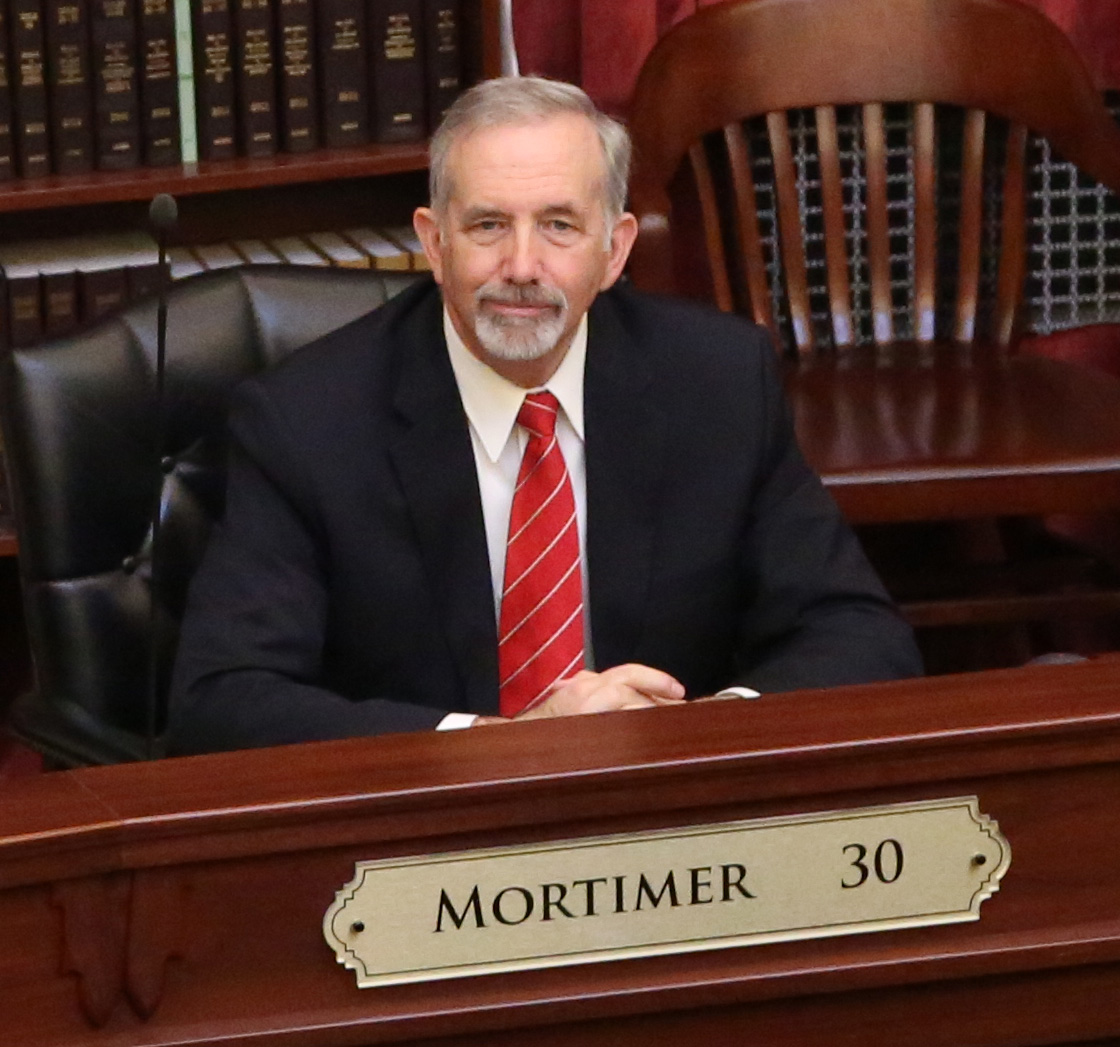Key education officials are calling for accuracy in teacher evaluations, as records oversight shifts from one state agency to another.

The responsibility for auditing and reviewing teacher evaluations was pulled from schools chief Sherri Ybarra’s State Department of Education and given to the State Board of Education on July 1.
State Board officials will partner with experts from Idaho’s colleges and universities to review a random sampling of evaluations.
In recent weeks — and for the second consecutive year — Idaho Education News reviewed state records and documented widespread errors and omissions in evaluation data submitted to the State Department of Education.
Documented errors included district employees unintentionally entering incorrect data and administrators incorrectly reporting that 100 percent of their teachers earned identical evaluation scores.
“The (State) Board and the board office has a firm belief and expectation for accurate evaluations,” board spokesman Blake Youde said. “Not only is it really a benefit to the teaching profession and individual teachers and their students, (evaluations) are a factor in the determination of salary apportionment.”
Teacher evaluations are increasingly important in Idaho. In 2015, the Legislature passed a career ladder teacher salary law, which partially tied hundreds of millions of taxpayer dollars to teacher evaluations. One important way a teacher can move up the career ladder — and earn a pay raise — is to meet performance criteria within the state’s teacher evaluation process.

Lawmakers, led by Senate Education Committee Chairman Dean Mortimer, R-Idaho Falls, and outgoing House Education Committee Chairman Reed DeMordaunt, R—Eagle, pulled evaluations oversight away from the State Department of Education.
Mortimer said the change was made “as a separation of powers” to place the State Board in an oversight position. Mortimer also cited accuracy as a concern.
“I know last year’s (data) was absolutely full of holes,” Mortimer said.
The 2016 Legislature adjourned in March, and Mortimer said he had not yet studied the 2015-16 teacher evaluations or followed EdNews’ most recent reporting.
When informed of the most recent errors, Mortimer said: “I still have real concerns if we are not reporting accurately and not getting appropriate data.”
The State Board is in the preliminary stages of developing its audit and review system, Youde said. In the coming days and weeks, employees will gauge interest among college and university experts through a process similar to the request for proposals (RFP) process.
Board officials hope to identify the team and start their work by the beginning of the upcoming school year.
Along with the oversight change, lawmakers approved $600,000 in new funding for the State Board. That money will be sent to participating colleges and universities as a fee for service, Youde said.
The change was included in a few brief paragraphs in House Bill 571, a much larger measure. HB 571 moved pupil services staff, such as counselors, onto the career ladder.
Once the reviews are complete, the auditors will release a report to the State Board or the Legislature. Youde pledged to share those reports with journalists and the public.
The auditors will pay close attention to what was reported, such as the total number of teachers earning “proficient” scores, as well as whether administrators performed the evaluations with fidelity to the state’s teacher evaluation rubric.
Other board officials plan to perform simpler spot checks, which could identify more basic errors or potential red flags, before handing data off to evaluators.
Because the auditing process is in its infancy, it is too early to tell how state officials will respond to inaccurate data. Youde suggested two options: the state could offer training to districts, or request administrators correct and resubmit data.
“It could be a training issue — if that’s the case, we need to help address that,” Youde said. “It is incumbent upon us at the office of the State Board to make sure we have given administrators appropriate access to the training tools they need.”
The 2015 career ladder law called on the State Department of Education to independently review a random sampling of evaluations for accuracy. However, the department has yet to release any audits of 2014-15 data, which is now more than one year old.
Department spokesman Jeff Church said earlier this summer that those findings could be released at the end of this month.
Whatever happens next, lawmakers will be watching closely and expecting accuracy.
“The evaluation process is a key function in the whole career ladder — you need to know that,” Mortimer said. “It is one of the very important keys elements in the career ladder. If we’re not getting good evaluations, how do we know if a teacher is performing at proficient or not? The evaluation is important and reviewing our evaluators is also important to make sure our evaluators are reviewing (teachers) in a fair manner and equitable manner.”
